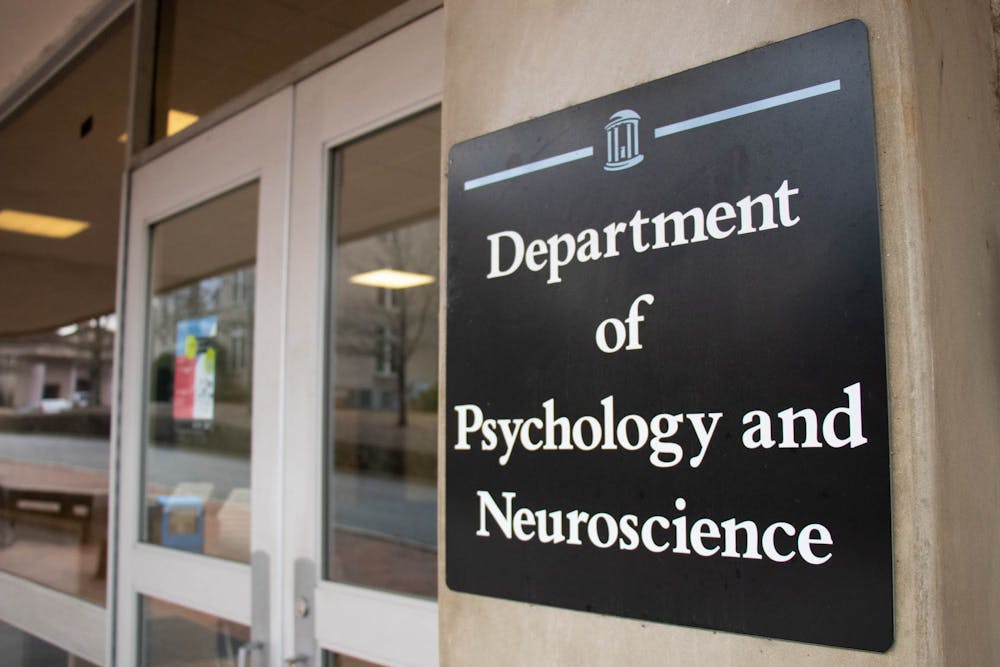Beyond studying the brain and cognition, UNC’s Department of Psychology and Neuroscience provides resources for those struggling with mental health needs.
One of these resources is the department’s community clinic. It offers therapy and assessment to students, faculty, staff and community members — provided by postdoctoral fellows, graduate students studying clinical psychology and licensed psychologists.
“We provide therapy and assessment services to children, adolescents, adults and couples, with the most frequent concerns being depression, anxiety, academic difficulties and relationship issues,” Jennifer Kirby, a clinical psychology professor and director of clinic operations and training for the clinic, said.
The clinic operates on a sliding scale, meaning that its fees are based on the client’s income. It uses evidence-based practices, with cognitive-behavioral therapy — or "CBT" — as its primary treatment approach.
Kirby said that they have noticed an increasing number of individuals contacting the clinic since the beginning of the pandemic.
These increasing numbers are likely due to more individuals facing challenges with depression, anxiety and stress.
“This is just a problem that we need to pay attention to, and it’s a huge public health concern,” Jonathan Abramowitz, the director of the clinical psychology program and a professor of psychology and neuroscience said.
About 60 percent of the clinic’s clients are affiliated with the University, the majority of which are undergraduate and graduate students.
While the University does have Counseling and Psychological Services, a program for mental health services, it operates on a shorter-term model, Kirby said. The community clinic, however, does not have a limit on the number of sessions and is equipped to help students who need longer term or more in-depth care.




